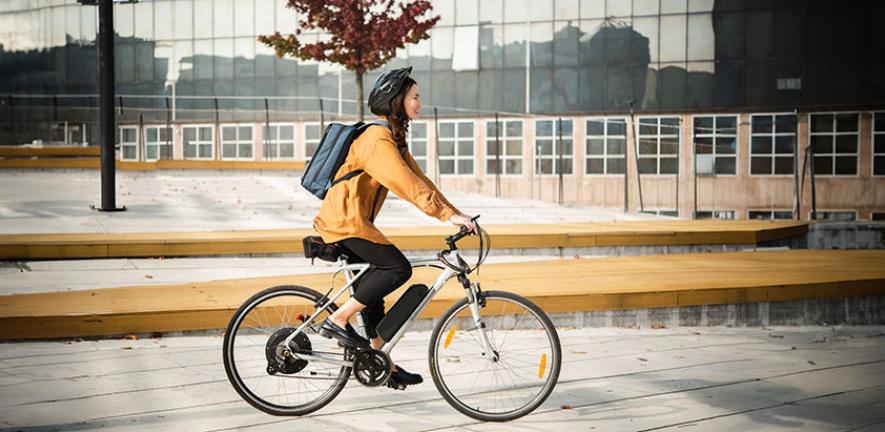
HERE, Amazon engage in $1 bn deal to support AI-powered, live streaming map
HERE Technologies (HERE) and Amazon Web Services, Inc. (AWS) have been engaged in 10-year, $1 ...

A research by Cambridge University underlined that tackling inequality is vital in moving the world towards Net-Zero – because inequality constrains who can feasibly adopt low-carbon behaviors.
They say that changes are needed across society if we are to mitigate climate change effectively. Although wealthy people have very large carbon footprints, they often have the means to reduce their carbon footprint more easily than those on lower incomes.
The researchers say there is lack of political recognition of the barriers that can make it difficult for people to change to more climate-friendly behaviors.
They suggest that policymakers provide equal opportunities for low-carbon behaviors across all income brackets of society.
The report defines inequality in various ways: in terms of wealth and income, political influence, free time, and access to low-carbon options such as public transport and housing insulation subsidies.
“It’s increasingly acknowledged that there’s inequality in terms of who causes climate change and who suffers the consequences, but there’s far less attention being paid to the effect of inequality in changing behaviors to reduce carbon emissions,” said Dr Charlotte Kukowski, a postdoctoral researcher in the University of Cambridge Departments of Psychology and Zoology, and first author of the report.
She added “People on lower incomes can be more restricted in the things they can do to help reduce their carbon footprint, in terms of the cost and time associated with doing things differently.”
The researchers found that deep-rooted inequalities can restrict people’s capacity to switch to lower-carbon behaviors in many ways.
The researchers say that campaigns to encourage people to switch to lower-carbon behaviors have tended to focus on providing information. While this is important in helping people understand the issues, there can still be many barriers to making changes.
They suggest a range of policy interventions, such as urban planning to include bus and bike lanes and pedestrian-friendly routes, progressive taxation rates on wealth and income, and employer-subsidized low-carbon meal options.
HERE Technologies (HERE) and Amazon Web Services, Inc. (AWS) have been engaged in 10-year, $1 ...
Earth reached its warmest year on record in 2024, the University of Virginia (UVA) said, ...
Orange Egypt alongside the French consulting firm Sofrecom, part of Orange Group, copped “Telecom Review ...


اترك تعليقا